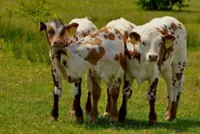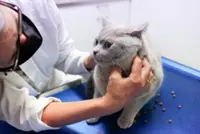Rabbits are adorable. They have soft fur, big ears, round bodies and super cute fluffy little tails. They’re the picture-perfect pet. However, just after the Year of the Rabbit started, shelters were swamped with unwanted bunnies. Surprisingly, bunnies are a constant surrender at shelters, even in other years.
Curious about the phenomenon, we talked to three Malaysian bunny experts about the challenge of keeping these cute furries.





